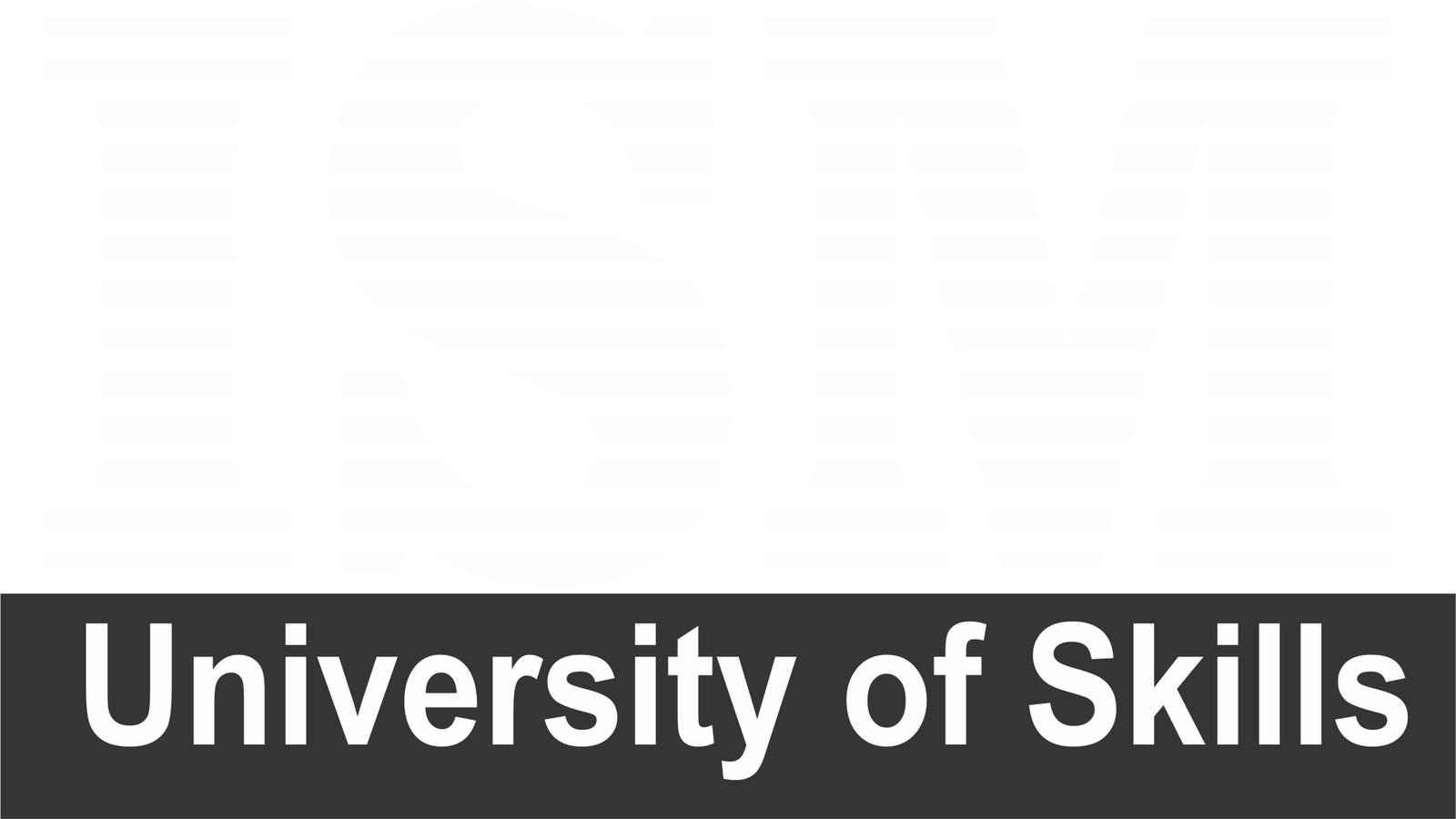In the dynamic landscape of customer service, businesses are constantly seeking innovative ways to enhance user experience while optimizing operational efficiency. Enter AI-powered chatbots, the digital agents revolutionizing how companies interact with their customers. These intelligent bots are reshaping the customer service landscape by providing round-the-clock support, personalized assistance, and instant responses, all while reducing costs and streamlining workflows.
24/7 Availability: One of the most significant advantages of AI-powered chatbots is their ability to provide support round the clock. Unlike human agents who are limited by working hours and time zones, chatbots are available 24/7, catering to customers’ needs at any hour of the day or night. This ensures that businesses can maintain a consistent level of service and promptly address customer inquiries and issues, regardless of when they arise.
Instant Responses: In today’s fast-paced world, customers expect instant gratification when seeking assistance. AI-powered chatbots excel in delivering swift responses to inquiries, significantly reducing response times compared to traditional customer support channels. By leveraging natural language processing (NLP) and machine learning algorithms, chatbots can understand and interpret customer queries in real-time, providing accurate and relevant solutions instantaneously.
Personalized Assistance: Personalization has become a cornerstone of exceptional customer service, and AI-powered chatbots are adept at delivering personalized assistance at scale. By analyzing customer data and interaction history, chatbots can tailor their responses and recommendations to suit individual preferences and needs. Whether it’s offering product recommendations based on past purchases or addressing specific concerns based on customer profiles, chatbots enhance the overall customer experience by providing relevant and targeted assistance.
Cost Efficiency: Implementing AI-powered chatbots in customer service operations offers significant cost savings for businesses. By automating routine tasks and handling a large volume of inquiries, chatbots reduce the need for human intervention, thereby minimizing labor costs and increasing operational efficiency. Moreover, chatbots can handle multiple conversations simultaneously, further optimizing resource utilization and reducing idle time.
Seamless Integration: Integrating AI-powered chatbots into existing customer service platforms is a seamless process for businesses. These chatbots can be deployed across various channels, including websites, mobile apps, social media platforms, and messaging services, ensuring a consistent and cohesive support experience across touchpoints. Furthermore, chatbots can seamlessly escalate complex inquiries to human agents when necessary, ensuring a smooth transition between automated and human-assisted support.
Continuous Improvement: AI-powered chatbots are not static entities; they continuously learn and improve over time. Through ongoing training and feedback loops, chatbots refine their algorithms and enhance their capabilities, becoming increasingly adept at understanding and addressing customer needs. This iterative process of improvement ensures that chatbots remain effective and relevant in meeting evolving customer expectations and business requirements.
Conclusion: The rise of AI-powered chatbots in customer service represents a paradigm shift in how businesses engage with their customers. By providing round-the-clock support, instant responses, personalized assistance, and cost efficiency, chatbots are enhancing the overall customer experience while optimizing operational efficiency. As businesses continue to embrace digital transformation, AI-powered chatbots will undoubtedly play a pivotal role in shaping the future of customer service, offering unparalleled convenience, efficiency, and satisfaction for both businesses and customers alike.

